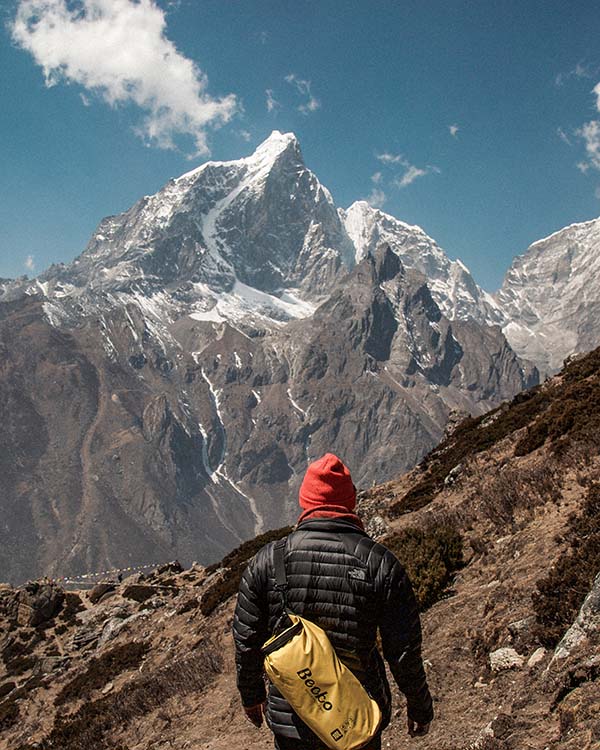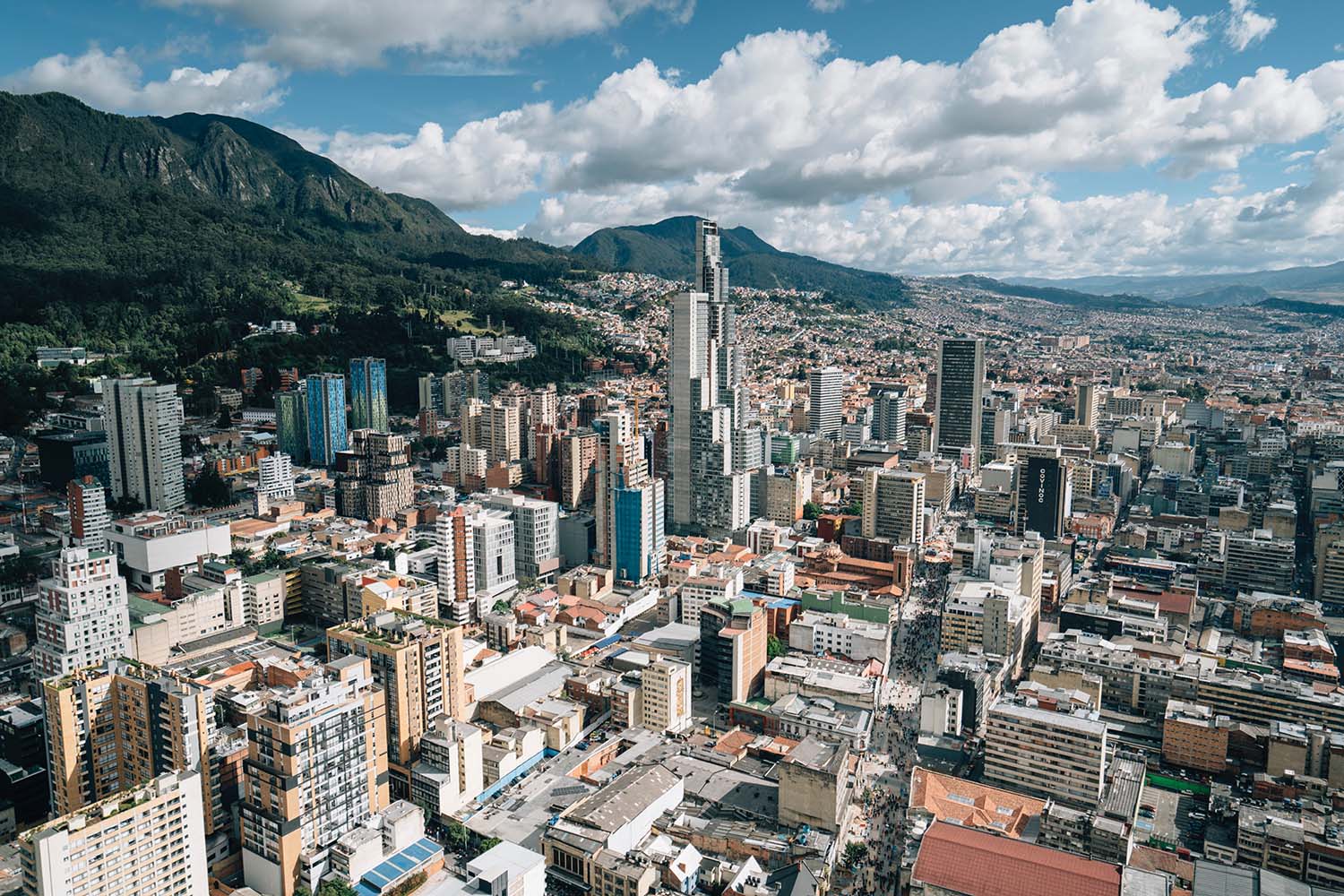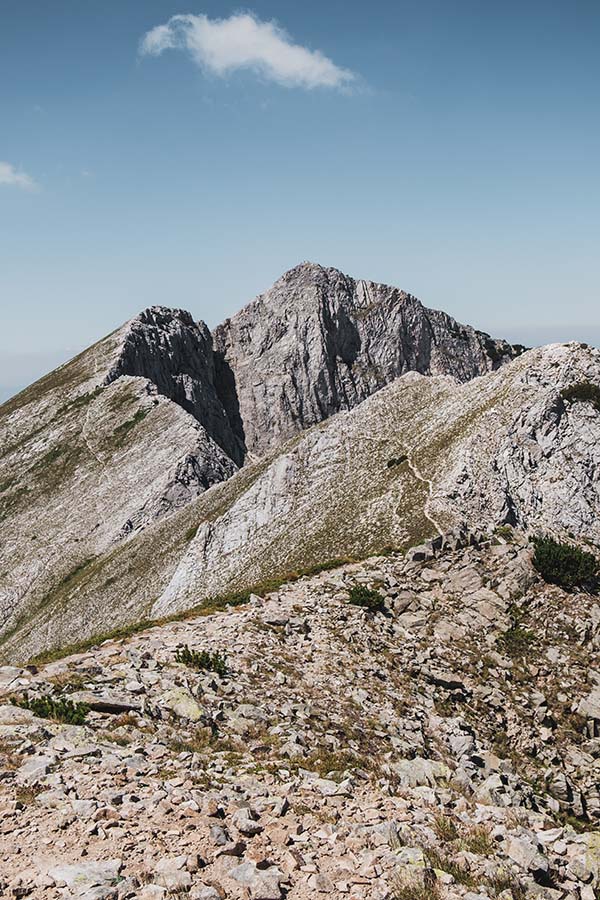Many of us have a bucket list of things we wish to achieve in our lifetime. For some, these could be going on a Caribbean cruise or seeing the fireworks in Sydney on New Year’s Eve; seeing a certain artist perform, or attending a far-flung festival.

Photo, Christopher Burns.
For the more intrepid adventurers amongst us, these would be far too pedestrian, and their sights would be set considerably higher. Summiting one of the world’s highest peaks might be up there on the list, perhaps Mount Kilimanjaro for example, or even Mount Everest for a true mountaineer.
Aside from the apparent financial strain climbing something of this magnitude would place on the average traveller, there is something much more threatening. That is the effect that altitude will have on you, physically. But why, what does going higher up actually mean?
The higher we ascend the world’s atmosphere, the thinner the air gets meaning there are fewer air particles crammed together. That means there are fewer oxygen particles as these exist in the air, and we all know essential oxygen is to survive. It also means there is less physical pressure placed on our bodies, which we are used to. The air is only a third as dense at the summit of Everest as it is at sea-level. That’s a lot for your body to miss out on!
The human body, however, is incredible and can adapt to its environment effectively if it has enough time. In the absence of time though, what can you expect to experience if you want to head up to the top of the world? The experts at Click Pharmacy explain a little further…

Photo, Random Institute.
Your breathing gets faster: It’s quite straightforward when you think about it: with every breath you take; you are ingesting less oxygen than you are used to. So to compensate, your breathing rate increases to get as much in as possible.

Photo, Maria Teneva.
Your heart starts beating faster: As a direct result of faster breathing, your heart tries to catch up so it can pump what oxygen it does get around your body efficiently.
You sleep less: When we sleep, our breathing becomes shallower so again, takes in even less oxygen. Your body will react to this by forcing you awake to remind you to breathe properly as it thinks it’s being deprived.
Your blood gets thicker: Yes, even your bone marrow is getting involved now. It recognises the lack of oxygen and starts to produce more red blood cells which are the vehicles used to transport oxygen around. It sounds positive but too many causes issues as it can cause blockages and even clots when you don’t move enough.
You urinate more: Your body is working in overdrive, and so to be more efficient, it tries to rid itself of needless extra fluids and toxins. These are expelled via going to the toilet.
If these effects are happening to you, it shows your body is coping with the altitude. When it stops dealing, that’s when altitude sickness kicks in, and that can have serious consequences. To ensure you are fully aware of the medical implications, you must ensure you have the right medications to prevent further issues for occurring.








